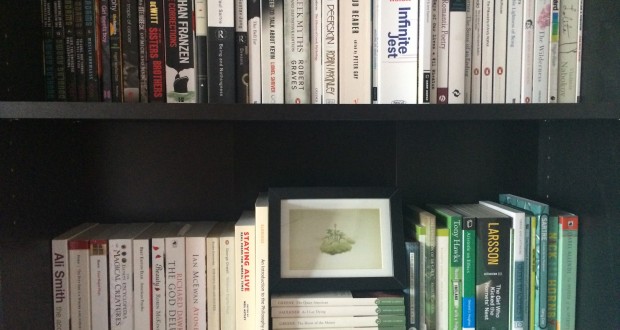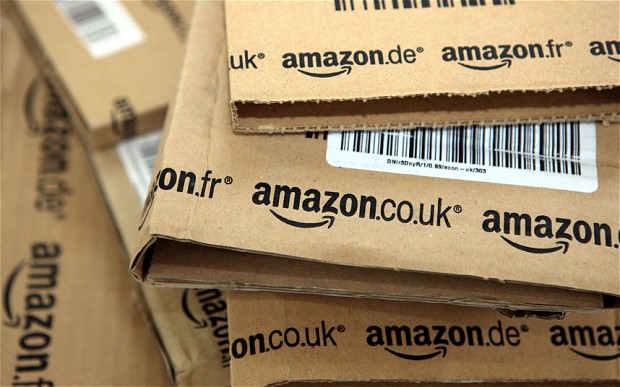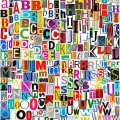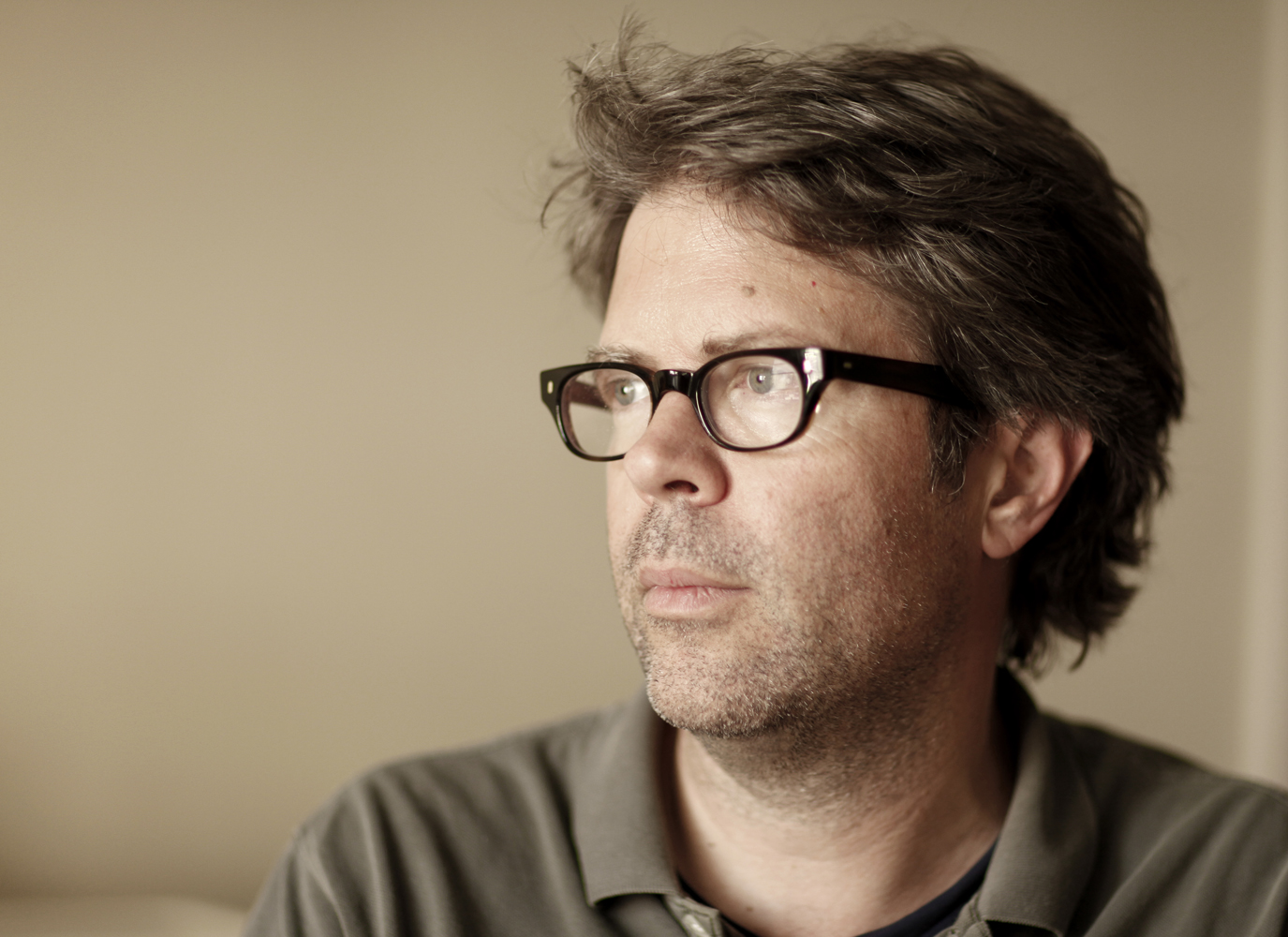A lot of writers who hope to find success have an idealized dream of their novels bringing in enough cash to make a living. The reality is, very few authors ever achieve that. Most of us will be relegated to the status of slogging through a day job, to come home and hole ourselves up in our studies, writing through the nights. That isn’t to say that it never happens, or that you can’t dream. With the publishing industry experiencing so many changes at the moment, the opportunities for writers are expanding.
But what does it all really mean? Are you more likely to make a living going the traditional route or self-publishing? Big publisher or independent? Writing series? What about working with Amazon? What is really going on in the trade publishing industry at the moment?
Go where the money is: self-publishing vs. traditional
Authorearnings.com released a report last week on the earnings of established authors vs. debut authors and uncovered some very interesting data. What is the gist of the report? Debut authors who self-publish are doing a lot better than those with a Big 5 (Random House/Penguin, Macmillan, Hachette, HarperCollins, Simon and Schuster) publisher. The Big 5, instead, rely heavily on their backlists with more established writers. It is conceivable that this can’t go on if they hope to survive in the future, but for the time being, they have yet to catch up when it comes to debuts.
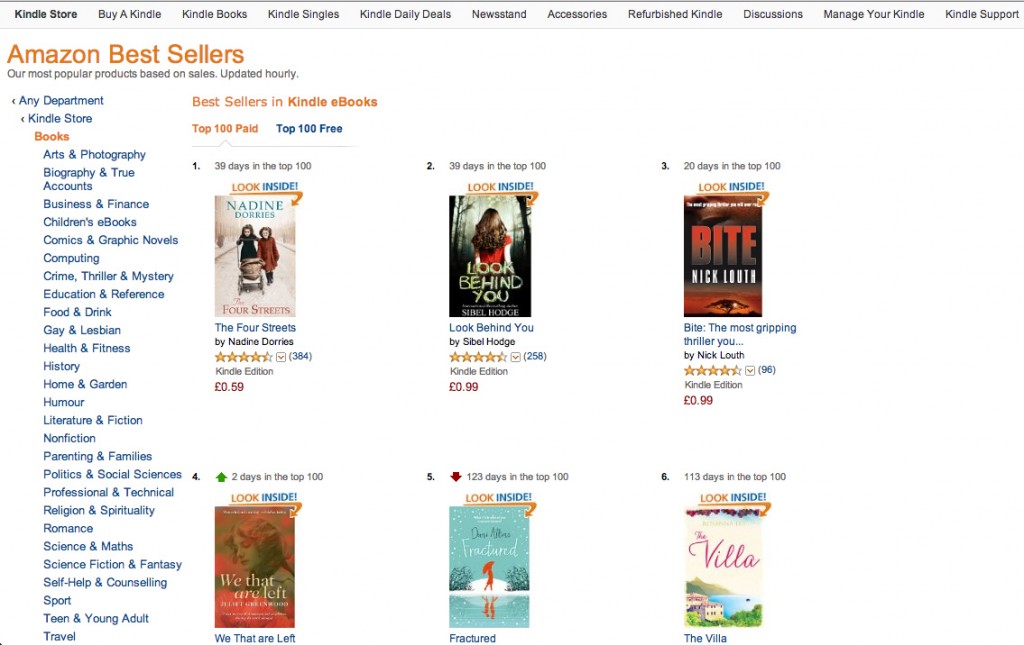 According to the report, 64% of traditionally published authors’ income comes from eBook sales rather than print. What does this mean? If you are hoping to have a book with a big print run at a traditional publisher, that might not be your best option. Most of the money comes from digital sales, so focus on that – and make sure your contract gives you a decent income from those sales.
According to the report, 64% of traditionally published authors’ income comes from eBook sales rather than print. What does this mean? If you are hoping to have a book with a big print run at a traditional publisher, that might not be your best option. Most of the money comes from digital sales, so focus on that – and make sure your contract gives you a decent income from those sales.
A few years ago now, I attended a novel writing masterclass at the London Book Fair. Meg Rosoff was there, author of How I Live Now. What she said that day has stuck with me – that you will (usually) never sell as well as you do on your debut novel. The authorearnings.com report would suggest she was right. For independents, small or medium sized publishers, and self-published titles, debut authors are doing much better than older authors. Only old authors with new books from Big 5 publishers are doing better than debuts. Having said that, it would be interesting to see the numbers involved – how many old authors are writing new books opposed to the number of debut novelists?
Very few writers land agents and a book deal with a Big 5 publisher, and most of those that do don’t manage to make a living off their writing. On the other hand, over 700 writers in 4 years who have self/independently published their books are earning over US$250,000 a year on Kindle eBooks. This is something we can’t ignore. Self-publishing isn’t easy. You need to get out there and promote your work yourself and there is very little to help you do that. But the numbers suggest you should seriously consider giving it a go.
Fiction that sells: genre fiction
It is no secret that genre fiction sells well. On average, genre fiction accounts for 60% of sales, non-fiction 30%, and the rest making up the last 10%. Those of us who have grand aspirations for writing a literary masterpiece better come from money, cause we won’t make any from publishing our great tomes. Lesson? Write thrillers, romance novels, historical fiction, fantasy, etc. Anything that has a clearly defined place in a bookstore – check out your local bookstores categories, or even the categories in the Kindle bookstore – will generally sell better.
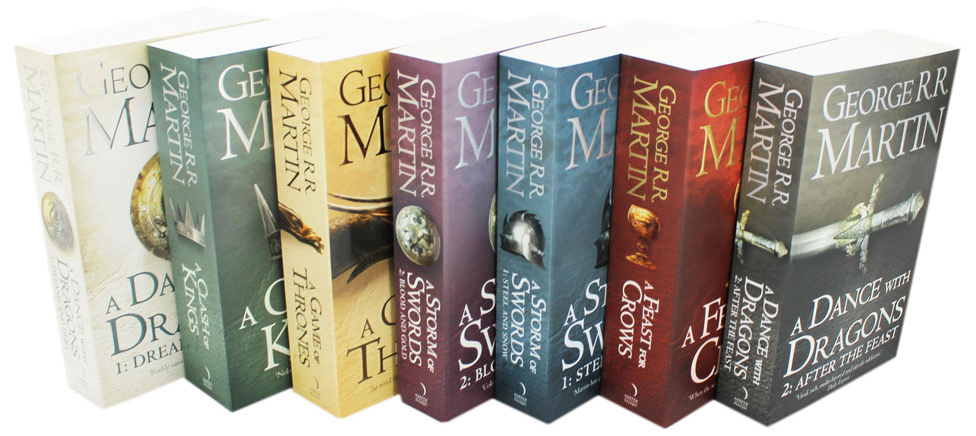 In particular, series have always done well. If you find a world or a set of characters that resonates with the audience, keep churning them out to make you piles of cash. However, there is a new trend starting. People are annoyed with writers who don’t finish series or have the audacity to die before they are able to complete them. Some people even refuse to start a series that isn’t already completed.
In particular, series have always done well. If you find a world or a set of characters that resonates with the audience, keep churning them out to make you piles of cash. However, there is a new trend starting. People are annoyed with writers who don’t finish series or have the audacity to die before they are able to complete them. Some people even refuse to start a series that isn’t already completed.
The publishing response to this is to start publishing the series all at once, and making the schedule between publications of volumes very short. For readers, this is great, but what about writers? What if you are a new writer trying to start a series? You have no clout and no idea whether the book will be a success. Do you continue writing your 3, 7, or 10 book series without knowing if it will ever find a market? This would be like people refusing to watch a TV series until the whole thing was finished – but the fact that they didn’t watch it in the first place meant ratings were shit and it was axed before it could finish. Readers need to invest in content they like in order to help writers finish a series, or even start one.
If money is your goal, you need to consider what kind of fiction you write. Literary fiction does not have nearly as much selling potential as genre fiction.
The mighty Amazon: are they with us or against us?
Amazon’s influence over publishing – and not just digital publishing – is immense. Not only are most of the self-published and independent fiction eBooks sold through Amazon’s Kindle, they now have their own publishing arm. Amazon is making in-roads for itself to be another of the big publishers rather than simply a platform for self-publishers to use and a distributor for other publishers. They have a number of imprints covering all major genre fiction categories while also catering to translations, non-fiction, graphic novels, and memoirs.
Whether or not you want to work with Amazon is completely up to you, but keep in mind the power Amazon has when it comes to distribution. They are currently having a disagreement with Hachette, which has led them to put up a number of roadblocks for the publisher. It is much harder for customers to buy Hachette titles through Amazon, with Amazon buying much less Hachette stock as well as removing pre-order buttons for Hachette titles. This move by Amazon has hurt Hachette and their revenue while solidifying Amazon’s power in the market. Amazon are so confident of their own position that they are even encouraging people to simply go elsewhere to buy Hachette titles (presumably knowing that most people won’t be bothered): ‘If you do need one of the affected titles quickly, we regret the inconvenience and encourage you to purchase a new or used version from one of our third-party sellers or from one of our competitors.’
If you are working hard on a novel, you might want to remember that it is unlikely that it will prove to be a real money-spinner for you. But if you are hoping to make a living out of your writing, it is possible. Most of a successful writer’s revenue is earned through eBook sales, which you are more likely to do well with if you self-publish and write genre fiction. Meanwhile, be sure to make nice with Amazon. As Hachette are learning, the behemoth company has a lot of power in the market. If Amazon gets pissy with you, you likely won’t make any money at all.
 Pop Verse Pop Culture Universe
Pop Verse Pop Culture Universe
